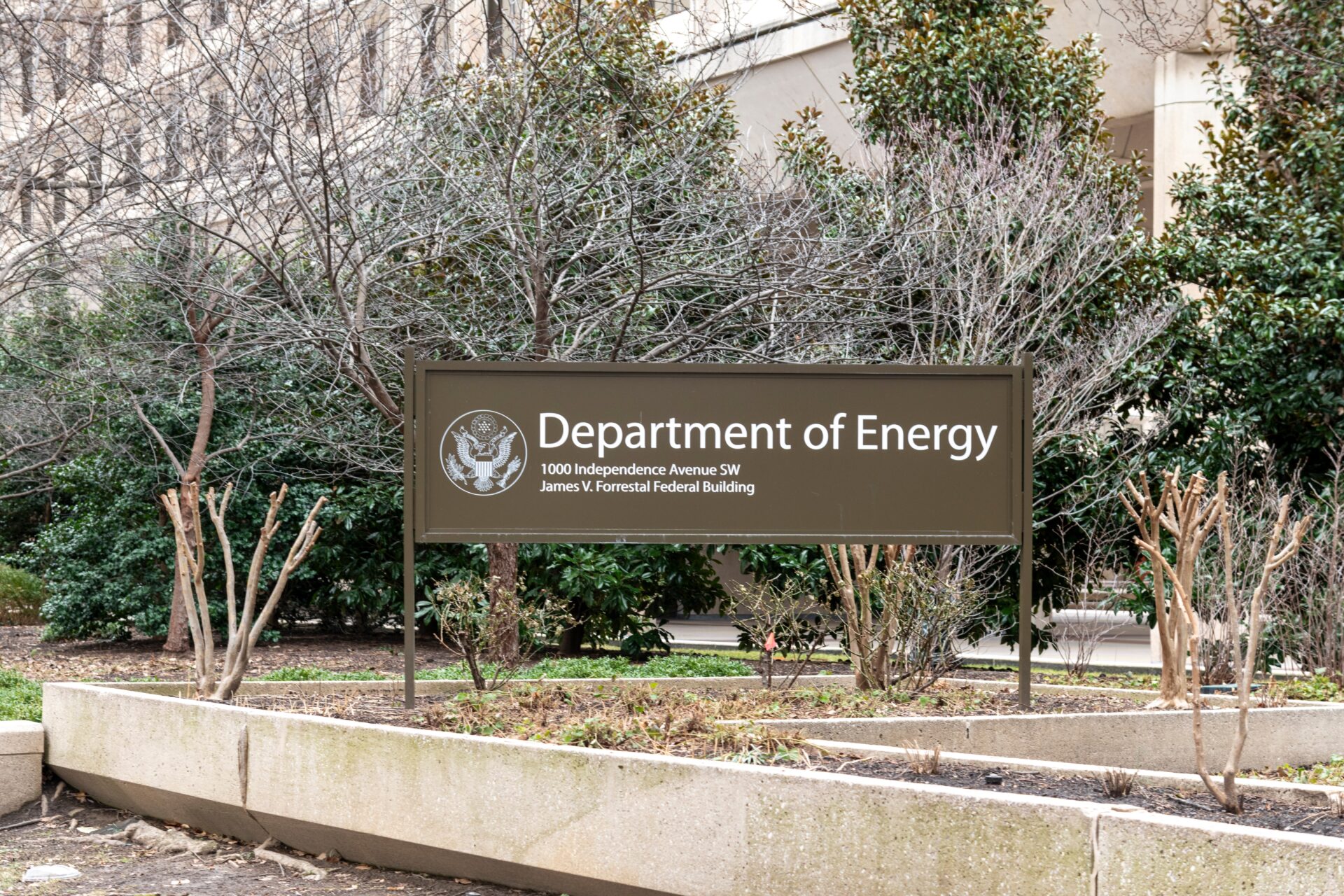
Scientists FIGHT BACK Against Trump Climate Efforts!
The U.S. Department of Energy’s release of a climate report authored by skeptics, coupled with efforts to revise past federal climate assessments, has triggered an organized backlash from scientists aiming to protect data integrity and public trust.
At a Glance
- Trump administration removed federal climate reports from government websites
- Over 400 scientists involved in the next National Climate Assessment were dismissed
- Department of Energy issued a new report authored by five climate skeptics
- Scientists and the National Academy of Sciences launched a counter-response
- Concerns raised over legal implications for environmental regulations
Report Reversal and Staff Dismissals
The Trump administration has removed all versions of the National Climate Assessment (NCA) from federal websites and terminated the contracts of more than 400 scientists engaged in preparing the next edition. The NCA, historically mandated by Congress and used to inform climate policy, has served as the government’s principal synthesis of scientific consensus on climate trends and risks.
Simultaneously, Energy Secretary Chris Wright announced plans to review and potentially revise previous NCA reports. These documents, spanning decades, were criticized by Wright as “alarmist” and “politically driven,” raising fears within the scientific community that foundational climate data might be altered or discredited for policy purposes.
Watch now: Trump Climate Rollbacks Threaten U.S. Science Leadership · YouTube
In place of the official NCA materials, the Department of Energy unveiled a new report authored by five noted climate skeptics—John Christy, Roy Spencer, Steven Koonin, Judith Curry, and Ross McKitrick. This document challenges mainstream scientific findings on greenhouse gas impacts, downplays the severity of climate change, and questions the legal basis for federal climate interventions.
The DOE report directly contests the Endangerment Finding, a key Environmental Protection Agency ruling which designates carbon emissions as a threat to public health. Overturning or weakening this finding could have broad implications for existing regulations under the Clean Air Act.
Scientific Countermeasures
The response from the scientific community has been swift and coordinated. Led by Andy Dessler of Texas A&M University, climate researchers are compiling a detailed rebuttal to the DOE report, focused on highlighting methodological flaws and reinforcing the validity of peer-reviewed science.
Dessler and his colleagues are also constructing an independent public registry of climate data to ensure transparency and accessibility, particularly in the face of government suppression. The initiative aims to guarantee that scientific evidence remains publicly verifiable regardless of political shifts.
In addition, the National Academy of Sciences has launched a fast-tracked independent review of climate assessments from 2009 to the present. This process, which began within days of the DOE’s announcement, is expected to conclude by September and will serve as a counterweight to the administration’s narrative.
Political and Legal Ramifications
Scientists and legal analysts have expressed concern that the DOE’s actions could be used to justify the rollback of major climate regulations. If the Endangerment Finding is invalidated using the new report’s conclusions, longstanding emissions standards and policy tools could be dismantled or rendered ineffective.
Michael Mann, a prominent climatologist, compared the administration’s efforts to historical examples of political interference in science. Critics have warned that replacing vetted consensus with ideologically driven analysis may erode public confidence in both environmental policy and scientific institutions.
Meanwhile, international observers have flagged the moves as a potential violation of the United States’ commitments under global climate frameworks. As domestic scientific infrastructure is challenged, the credibility of U.S. climate leadership may be at risk on the world stage.
Sources
The Guardian
Barron’s
Wall Street Journal


